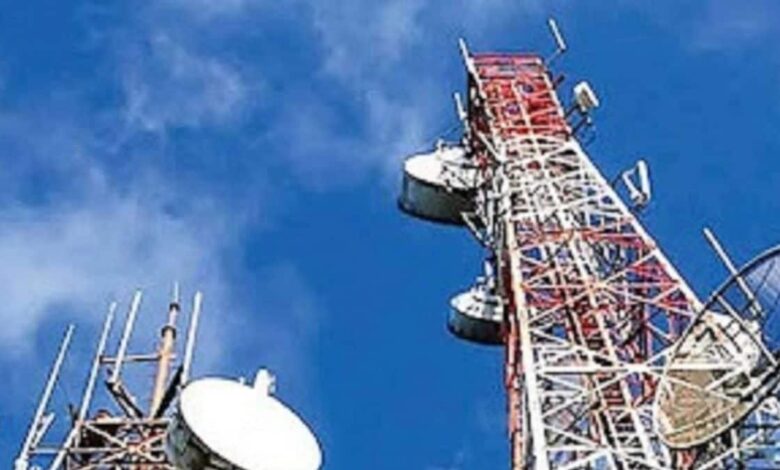
The proposal from COAI also includes provisions to support smaller OTT players, ensuring that they are not burdened by usage charges, thus promoting innovation and entrepreneurship in the sector. (File Photo)
There is a discrepancy between telecom service providers and OTT players, especially Large Traffic Generator OTTs. While TSPs invest in building and maintaining extensive networks, LTG OTTs generate disproportionately high traffic without contributing to network expenses.
The Cellular Operators Association of India (COAI) has urged the government to regulate Over-the-Top (OTT) players in India’s telecom market, instead of following global benchmarks. COAI Director General SP Kochhar has highlighted key aspects of the proposal and the reasons behind it.
One of the main reasons is the significant contributions of Indian telecom service providers (TSPs) to the country’s digital revolution. TSPs have invested heavily in deploying networks, ensuring widespread connectivity, and introducing advanced technologies like 5G, all while maintaining affordable tariffs for consumers.
Despite these achievements, the telecom sector in India is heavily taxed, paying 30% in taxes. Furthermore, the recent spectrum acquisition auctions have imposed significant costs on TSPs, further straining their finances.
According to COAI, there is an imbalance between telecom service providers and OTT players, particularly Large Traffic Generator (LTG) OTTs. While TSPs invest in building and maintaining extensive networks, LTG OTTs generate disproportionately high traffic without contributing to network expenses.
These OTTs, which are mainly global giants, earn revenue from consumers and advertisers but channel it back to their home countries. SP Kochhar suggests that they should contribute to the Indian market due to India’s significance as a major global market for these OTTs.
COAI proposes a fair share contribution from OTTs to TSPs, emphasizing that this would not violate the principles of net neutrality. The rationale behind this contribution is that TSPs bear the costs of carrying traffic generated by OTTs without receiving compensation.
Drawing comparisons to other industries like broadcasting and roadways, the association argues that OTTs should share a proportionate charge with TSPs for their increased network requirements. According to SP Kochhar, this approach would ensure that TSPs can continue to invest in expanding and improving network infrastructure.
COAI outlines several benefits, including improved connectivity for consumers, especially in underserved areas. The revenue generated from OTTs could be reinvested in enhancing network coverage and quality, ultimately benefiting users. The proposal from COAI also includes provisions to support smaller OTT players, ensuring that they are not burdened by usage charges, thus promoting innovation and entrepreneurship in the sector.
In conclusion, COAI calls for India to take the lead in regulating OTT players, considering the evolving dynamics of the telecom industry and the need for a fair and sustainable ecosystem that benefits both TSPs and consumers. The proposal aims to ensure that OTTs contribute their fair share to support the growth and development of India’s digital infrastructure and connectivity.




